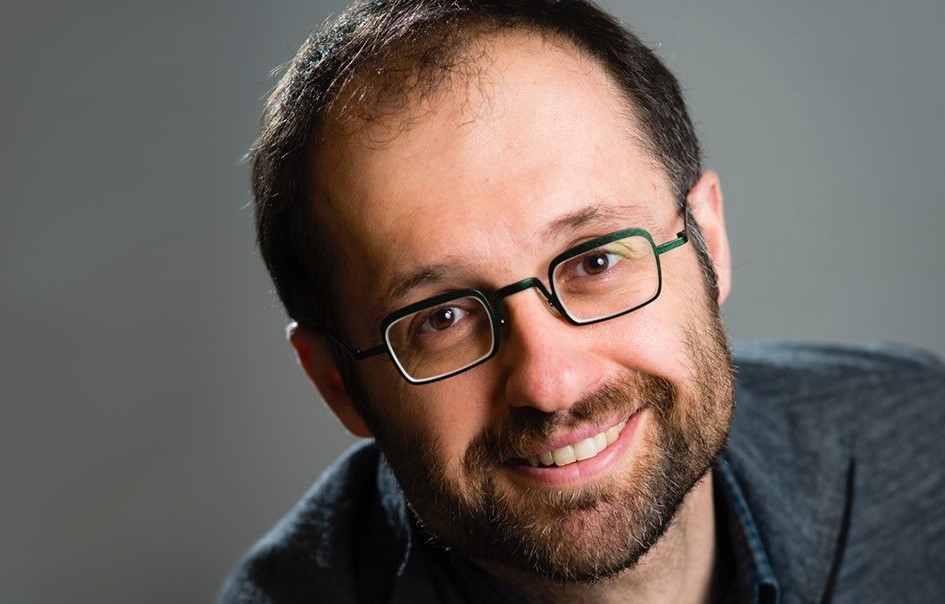Aristides Gionis, new Professor in Theoretical Computer Science

We are happy to welcome Aristides Gionis who recently joined the Division of Theoretical Computer Science. Aristides Gionis will be working in algorithms, data mining, graph mining, and social-network analysis.
Welcome to KTH! Tell us a bit about your field of research and what you will do during your time here at KTH.
“My field of research is data science. The high-level goal is to develop efficient methods to analyse and make sense of data. More concretely, I work on problems related to pattern extraction, structure discovery, data summarization, and inference. Recently, I have been particularly interested in the analysis of information networks and social media. I enjoy working on problems motivated by practical questions and real-world applications, but I also like focusing on the foundations of data science and making methodological contributions. At KTH, my research will be funded by an ERC Advanced grant, which aims to study bias and polarization in online media, and to develop methods to mitigate these phenomena. My work will also be funded by the Wallenberg AI, Autonomous Systems and Software Program (WASP). In the context of this project I would like to study theoretical aspects of data science, in particular, questions related to explainability and fairness.”
What is your background?
“I have been a computer scientist throughout my career. I obtained my BSc in Athens, Greece, where I come from, and my MSc and PhD at Stanford University, USA. I worked for six years at Yahoo! Research, in Barcelona, Spain, which was a great environment to combine academic and industrial research. Before joining KTH, I was a professor at Aalto University, Finland, where I had the pleasure to supervise many bright PhD students and postdocs. I am very fond of the Nordic lifestyle and I hope to enjoy my time in Stockholm as much as I did in Helsinki.”
What are your expectations of KTH? And what are you most looking forward to?
“Sweden is making an ambitious investment in digitalization, information technology, and artificial intelligence. The WASP program is an impressive initiative towards this endeavour. Becoming part of this effort, I hope to be able to contribute my share in supervising doctoral students, working on new exciting problems, and advancing data-science research. I am very much looking forward to attracting bright students and building a vibrant and energetic research group in KTH. I am also eager to expand my collaborations within KTH and the WASP network.”

